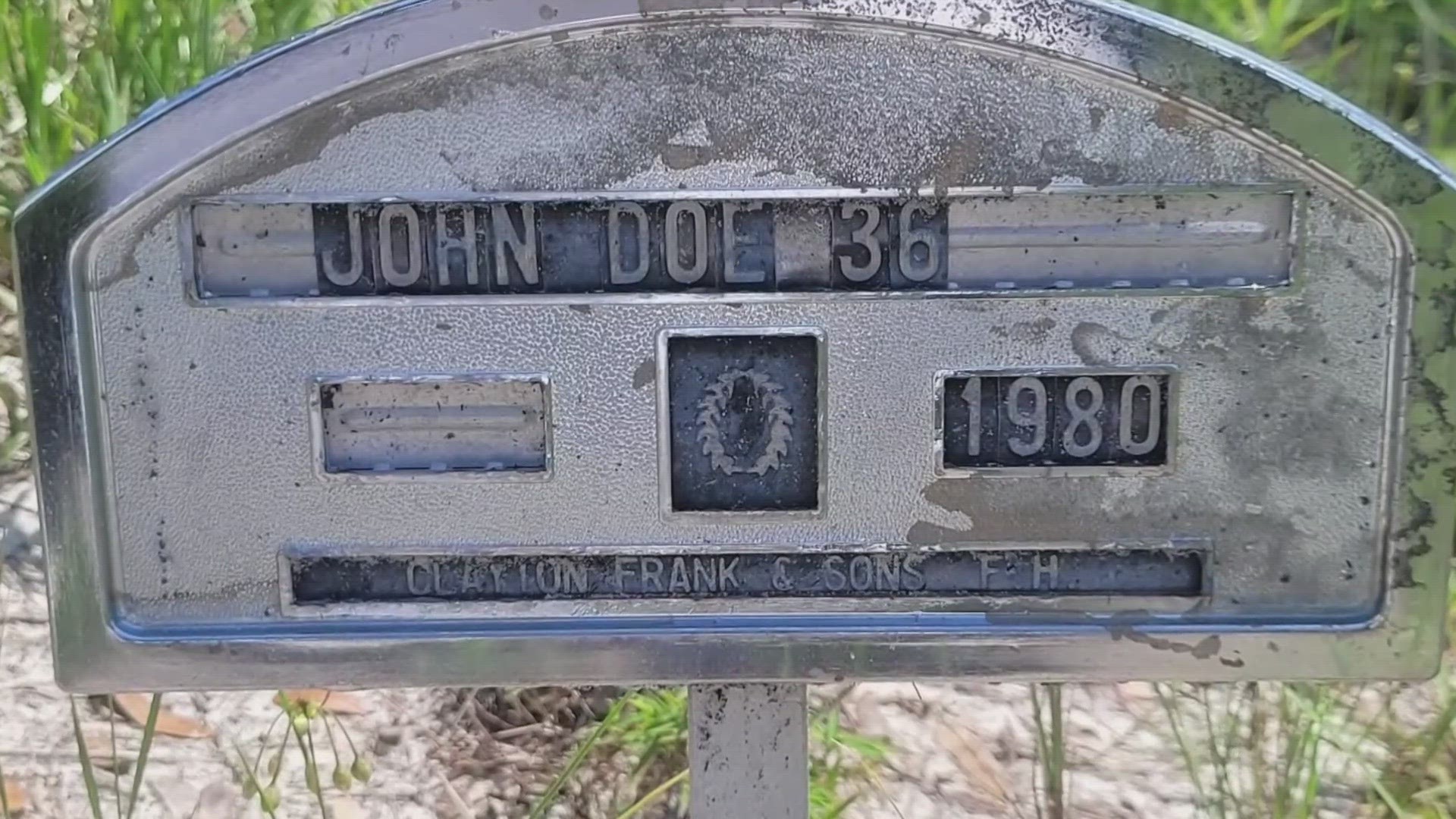JACKSONVILLE, Fla. — Most police departments around the nation have cold case units, and every month detectives within these units re-visit their cases and try to find new information and potential witnesses in hopes of solving their cold case.
“Many of us carry on our hearts the weight of unsolved homicides," said Jacksonville Sheriff T.K. Waters.
According to Project Cold Case, there are more than 20,000 open homicide cold cases in the state of Florida, since 1965. 1,500 of them are from right here in Jacksonville.
The detectives who investigate them are known as cold case units.
"The cold case unit is responsible for going back and forth with cases you know, they've got dozens of cases there," said Ken Jefferson, First Coast News Crime and Safety Expert.
According to Jefferson, these units will constantly re-examine all of their collected information and evidence to see if anything new resurfaces.
"They look at each case, but they can't look at all of the cases every month. So they may pick one or two that they want to revisit, and go back on because they're constantly searching for information constantly searching for leads constantly searching for witnesses that they may not have known anything about," he said.
Jefferson said there are several factors that can lead to a cold case being reopened, like witnesses being located with information or if investigators find missing evidence.
"It can be reopened at any time has no in most cases, statute of limitation on particular, with homicides, there's no statute of limitations on it. So you can always go back and investigate and reinvestigate," said Jefferson.
Even though detectives are the ones assigned to investigate, they aren't the only ones who can help discover breakthroughs, with the final goal of solving unsolved crimes no matter how much time has passed.
"The community can help cold cases, if they know the victim, no other victim or anyone that was affiliated with the victim. Any information that they can give to investigators will be helpful," said Jefferson, "whatever it is that you know or have or know of or heard of, give it to the police and let them make the decision whether or not it's good enough for them to stop the case.
"Tv shows have us conditioned to believe that homicide cases that aren’t solved within the first 48 hours will not be solved and that’s patently false," Waters said.

